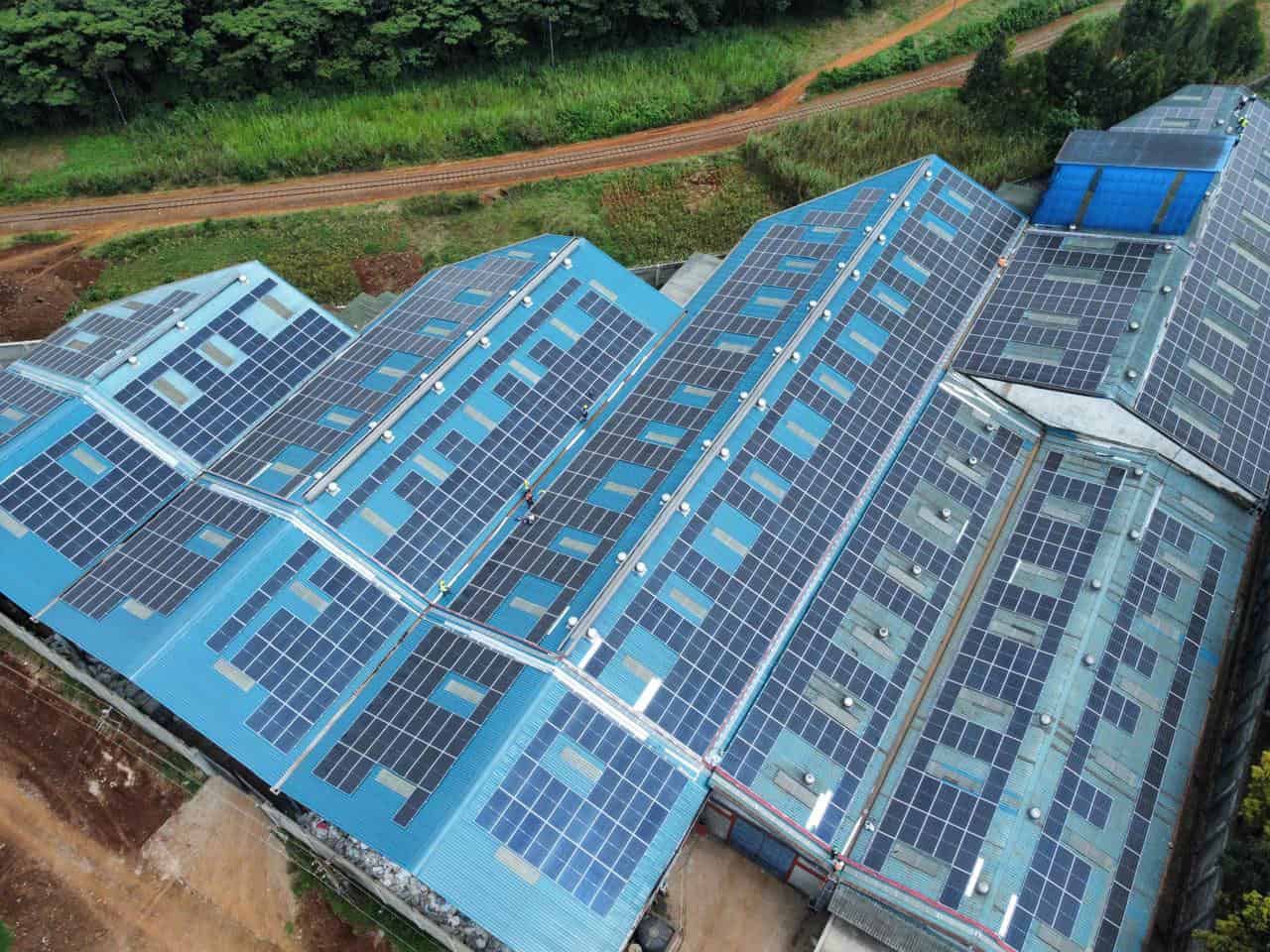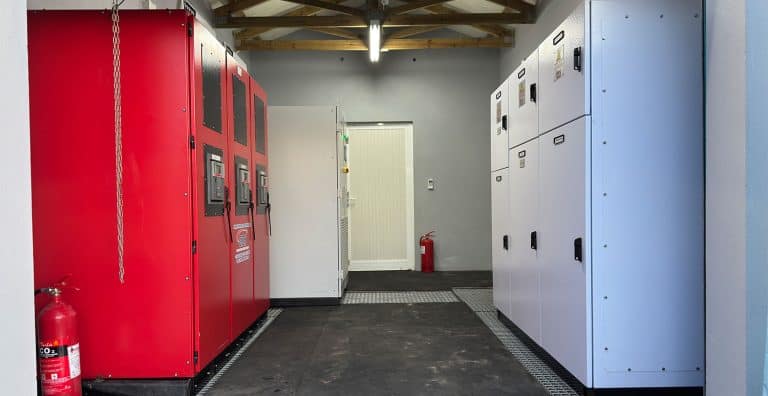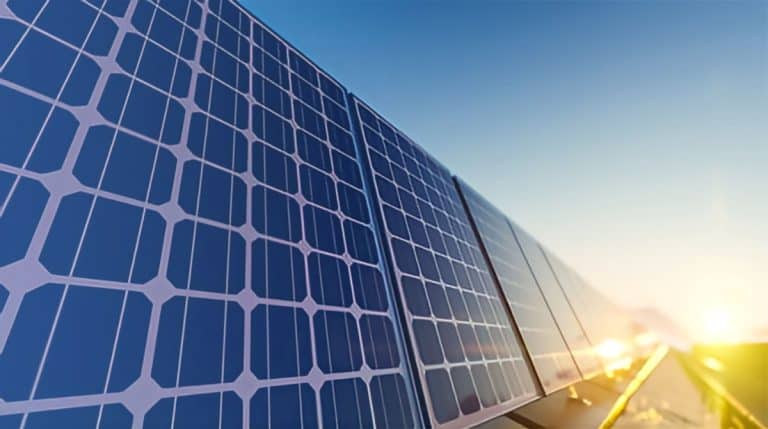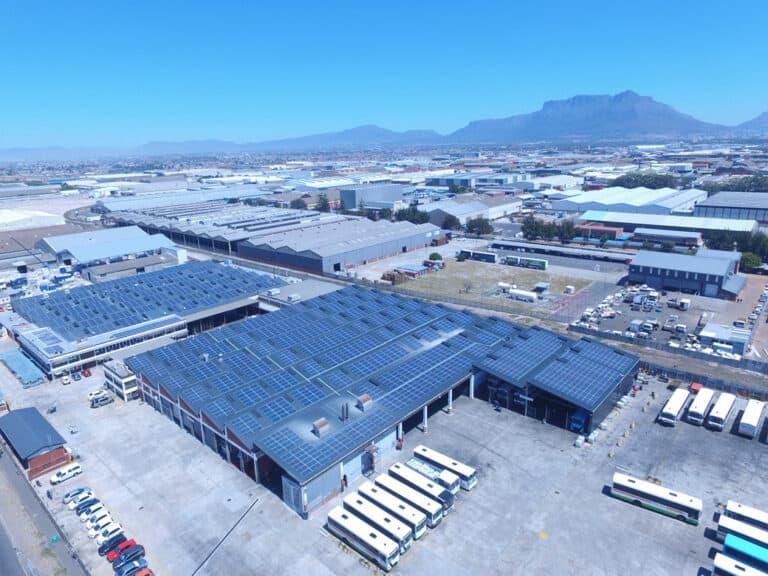How smart energy infrastructure is transforming solar deployment across Africa
As demand for clean, reliable power continues to rise across Africa, solar energy has become a central part of the continent’s energy transition. But producing solar power is only part of the equation. How that energy is distributed – efficiently, flexibly and reliably – will play a role in the long-term success of solar for businesses, cities and industries.
Enter smart grids: modern, tech-enabled energy networks designed to improve the flow and management of electricity. Across the continent, smart grid systems are starting to reshape solar energy distribution, offering more control, better load balancing and the ability to integrate renewable sources seamlessly into the broader energy mix.
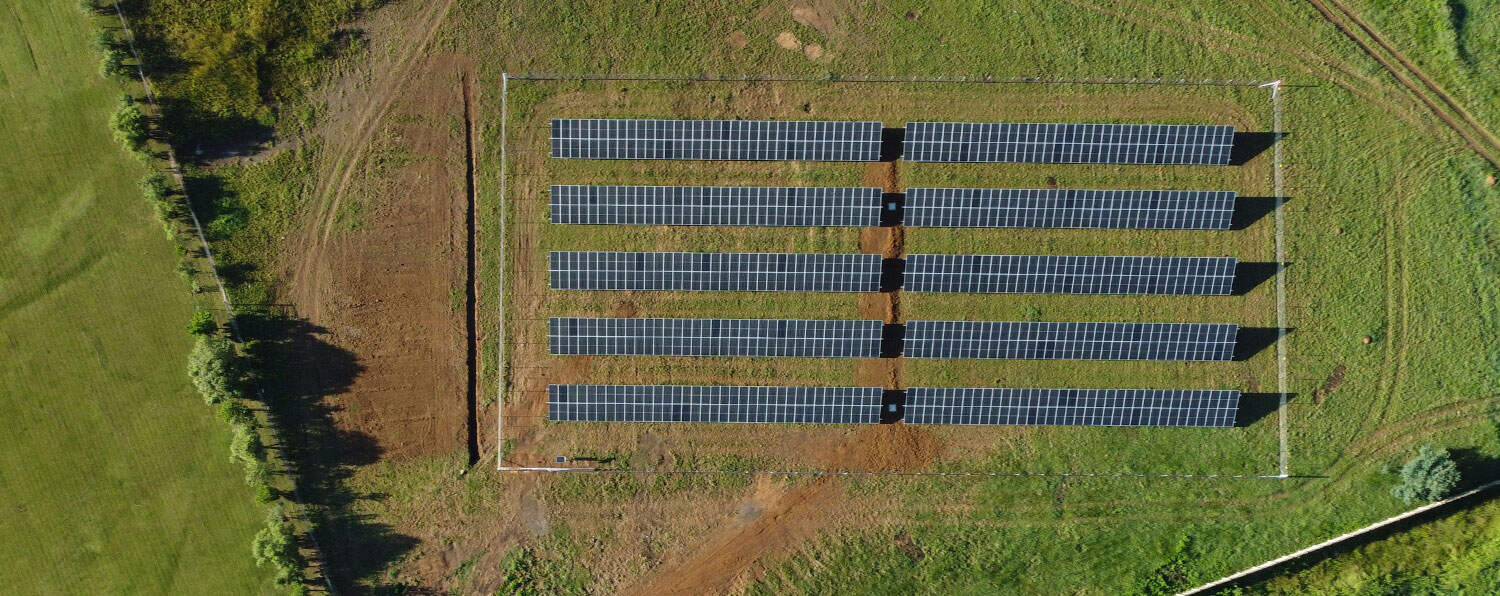
What is a smart grid?
A smart grid is an electricity network that uses digital technology, automation and real-time data to manage the production, distribution and consumption of electricity. Unlike traditional grids, which send electricity one way, from power stations to consumers, smart grids support two-way communication and decentralised energy inputs.
This is critical in the case of solar energy distribution, where power is generated in wide ranging locations (such as rooftops or ground mounted plants) and needs to be fed into the grid, shared, stored or redirected based on demand.
Smart grids rely on connected infrastructure, including smart meters, sensors, automated substations and energy management systems, which allow operators, and increasingly, end users, to monitor and optimise energy use in real time.
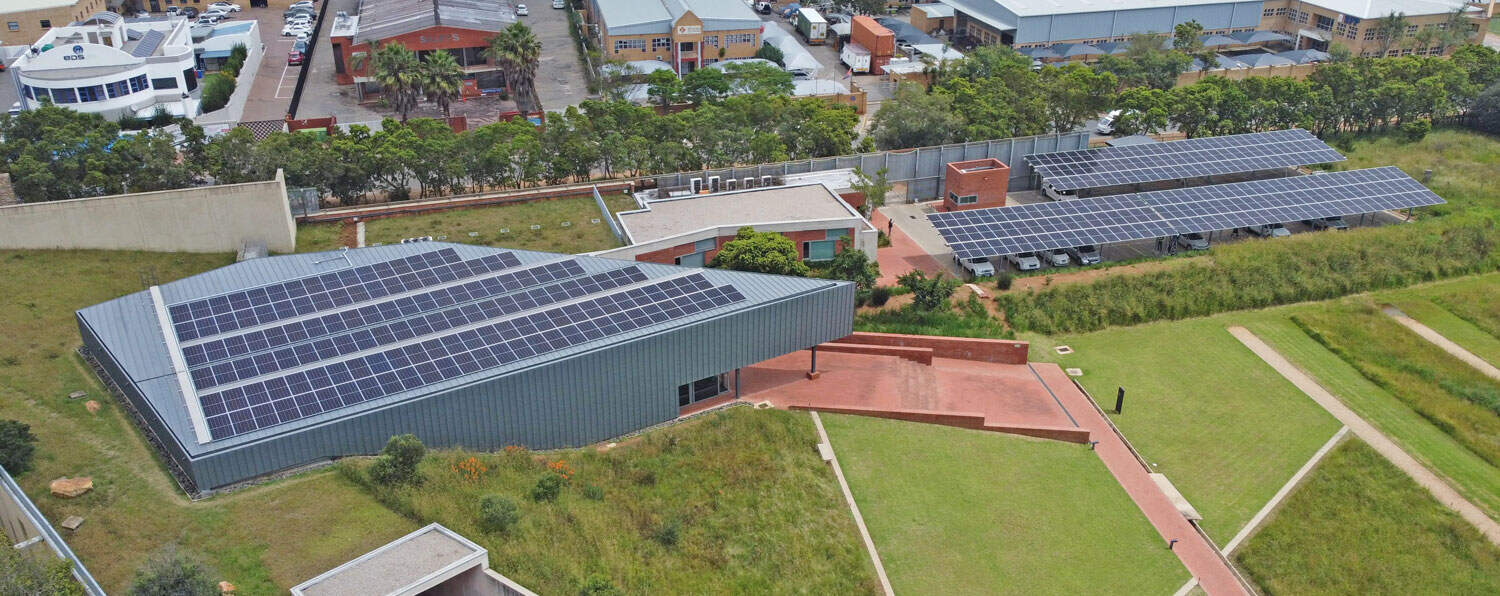
Why solar needs smarter distribution
While solar energy is abundant in Africa, its distribution has traditionally been limited by ageing grid infrastructure and a lack of real-time management. This can lead to inefficiencies, power losses or the inability to scale solar generation beyond a certain point.
Smart grids allow for more flexible solar integration by:
- Balancing supply and demand more effectively
- Enabling distributed generation (such as by privately owned solar plants)
- Automatically rerouting power in the event of faults or outages
- Providing real-time data to grid operators and end users
- Supporting storage solutions and microgrids
For businesses, this means greater reliability, better use of self-generated solar power and opportunities to participate in broader energy markets through mechanisms like feed-in tariffs or energy trading.
What’s happening in South Africa?
South Africa is making measured but meaningful progress in smart grid development. Several municipalities, including Cape Town and Johannesburg, have started to integrate smart meters and grid automation into their infrastructure.
The City of Cape Town, for example, has launched a programme to enable residents and businesses to feed excess solar power into the grid, supported by smart metering technology. Meanwhile, Eskom has piloted smart grid systems that improve real-time management of load shedding and power flows.
At a national level, government has recognised the role of smart infrastructure in enabling energy resilience, and private sector players are stepping in to offer integrated solar-plus-storage solutions tied to advanced grid systems.
Although still in its early stages, this shift toward smarter networks is vital to unlocking the full value of solar energy distribution, especially as more businesses invest in rooftop solar or off-grid systems and look to connect or share that power intelligently.
View some of our solar systems here.
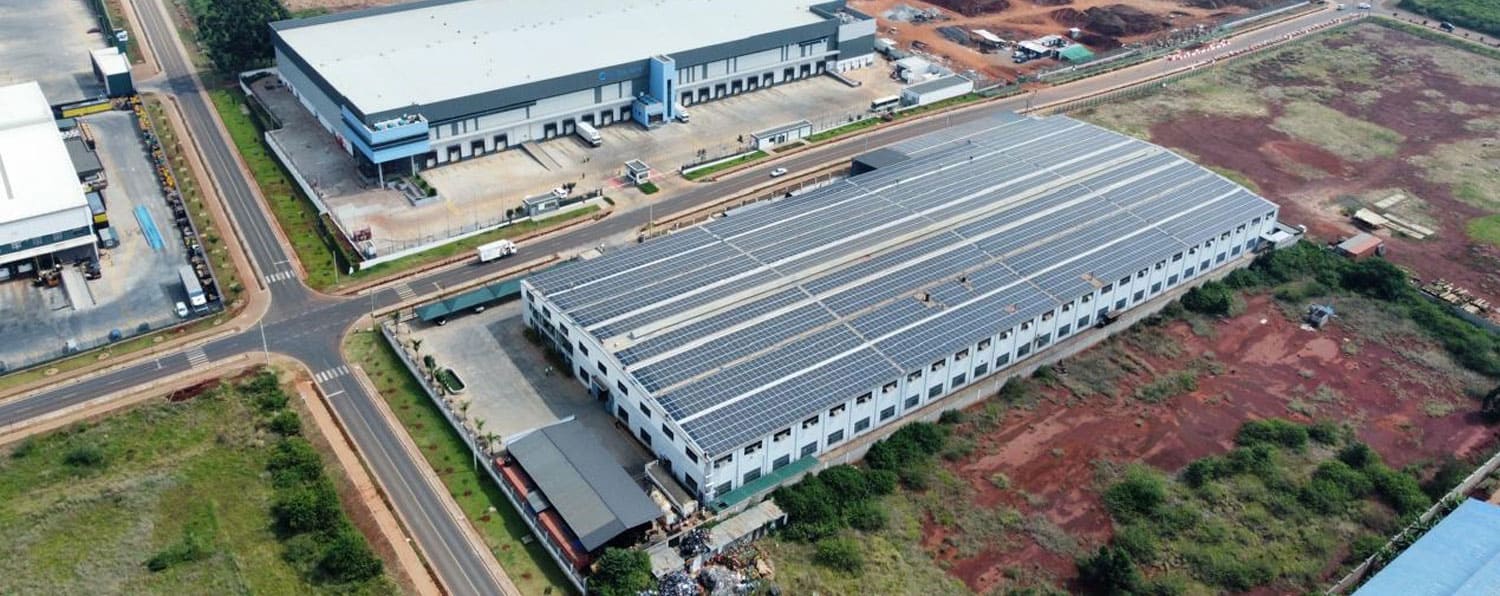
Opportunities for African businesses
For commercial and industrial organisations, the rise of smart grids offers several clear advantages:
- Optimised use of solar systems: Smart systems can monitor when to consume, store or redirect solar energy, maximising self-consumption and savings.
- Improved uptime and reliability: Real-time data helps identify faults faster and route electricity where it’s needed most.
- Cost-saving potential: Time-of-use pricing and automated load management can reduce electricity costs.
- New revenue streams: In future, businesses may be able to sell excess solar power to the grid or neighbouring users via energy trading platforms.
As more municipalities and industrial parks move towards smart grid-ready infrastructure, businesses that invest in compatible solar systems will be well-positioned to take advantage of emerging opportunities.
Planning for a smarter solar future
To benefit fully from solar energy distribution through smart grids, businesses should consider:
- Installing smart-ready inverters and meters
- Integrating battery storage where viable
- Partnering with service providers that offer real-time monitoring and optimisation
- Staying informed about municipal policies around feed-in tariffs and energy resale
Smart grid compatibility should be viewed as a long-term investment, one that enables greater flexibility, cost control and energy security in the face of rising demand and shifting supply patterns.
In conclusion
The future of solar in Africa is not only about generation, but about intelligent distribution. With smart grid infrastructure gaining traction across South Africa, now is the time for businesses to align their energy strategies with emerging digital tools and systems.
Those who do will be better equipped to manage costs, reduce downtime and contribute to a more resilient energy future.
Speak to New Southern Energy about your energy future today.


